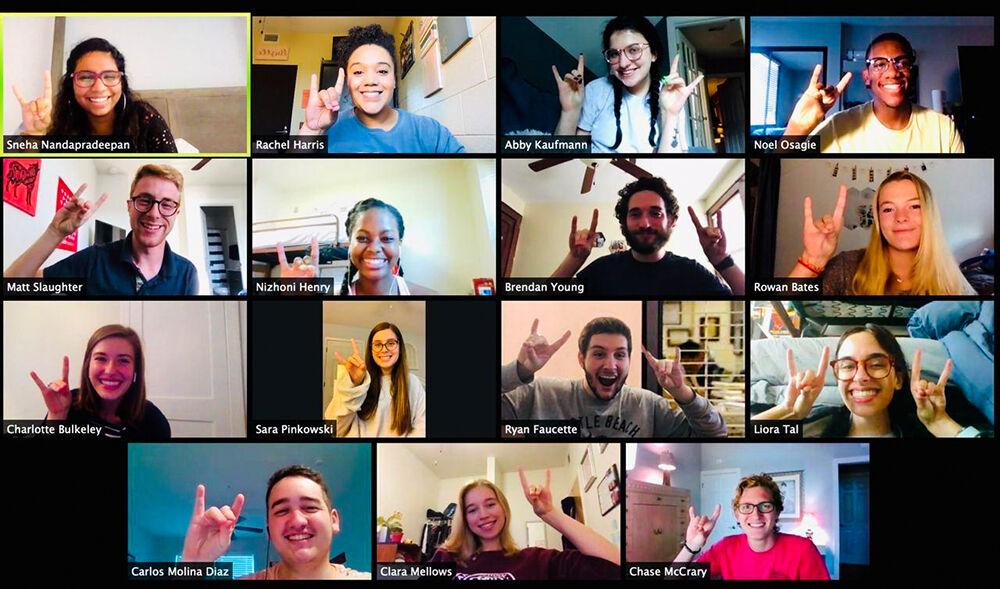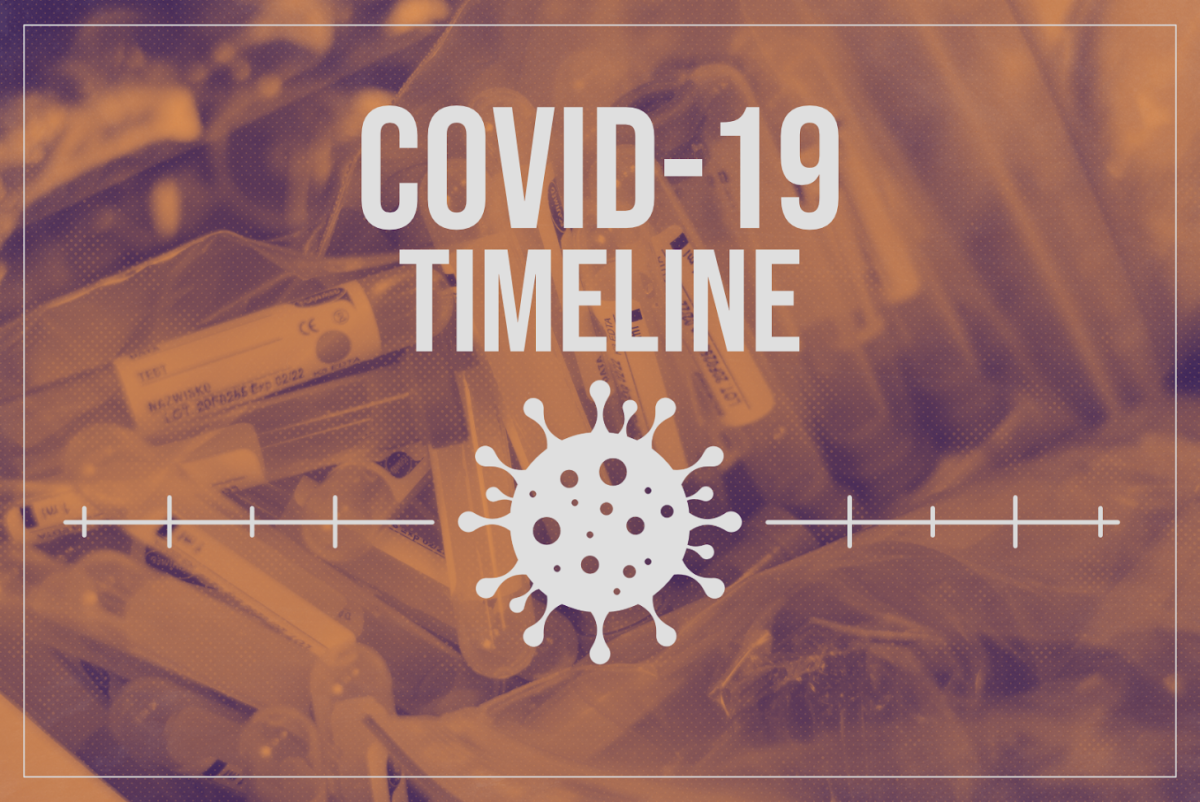While students were figuring out living situations for self-isolation over the extended spring break, NC State professors worked to transition all of their classes to online formats for the remainder of the spring semester. Administrators in multiple departments said professors did the best they could under the constraints of time and technology to ensure students’ courses underwent a smooth transition.
Across campus, all professors were asked to generate “continuity plans” for each of their classes detailing how they would continue to meet the learning objectives of their courses online. Lisa LaFountain, program coordinator in Academic Programs for the College of Agriculture and Life Sciences (CALS), handled the collection of continuity plans for her college and helped professors who had trouble with technological issues.
“In CALS Academic Programs, we received approximately 290 continuity plans, and they collectively covered every course in the CALS spring 2020 course catalog,” LaFountain said. “We offer, obviously, a lot more than 290 courses, but … anything that was continuing past spring break has a continuity plan, and we have all of those on file.”
LaFountain said early in the process, the university entertained the idea of exceptions for certain classes which would still meet in person, since several colleges including CALS, offer courses with a focus on hands-on learning and lab work. She said only about 2-3 classes applied for exceptions before the university decided against this.
“Some of our sciences have growing, living things, plants for instance; if you have a higher-level lab that you’re doing something that is hit with consecutive weeks with this same growing entity, then exceptions could potentially be needed there, just so that work wasn’t lost,” LaFountain said. “But really as soon as that message got changed that everything needed to be moved online, those faculty members went back to the drawing board, but they worked really quickly to make sure that the students were still supported.”
LaFountain described the process as “a source of positivity” and praised professors for their hard work.
“It was incredible,” LaFountain said. “The amount of work that faculty members were doing really can’t be understated. The amount of effort was phenomenal. They had about two weeks to come up with these continuity plans, and that was helped with the extra week of spring break. They worked with DELTA … they worked with one another; there was collaboration with the department and of course the college.”
Kathleen Rieder, associate professor and interim department head of Art + Design, directed the process for her department in addition to generating continuity plans for her own courses. She said while the department doesn’t have labs, its studios and focus on methodology and hands-on instruction presented their own challenges.
“I would say the hardest part in Art + Design, but I would say in general with the College of Design, is that presentation and critique is a major form of how the class or studio is run,” Rieder said. “They’re used to doing individual ‘desk crits,’ so going around to each person. They’ll come up with different ways to adapt to that, but that’s what [professors] said they really missed.”
Rieder said the university also mandated that professors share course materials and continuity plans with one another in the event they become unable to teach.
“The other thing we did is, everyone is to have a buddy, a backup,” Rieder said. “The request from the associate dean was that everybody has a buddy in case somebody gets sick. And that’s why it was important to have a continuity plan … A faculty member could get coronavirus.”
Rieder also oversees a number of independent studies and internship courses. She said for some of these, she had to change the course structure completely, including adding research studies, written reflections or presentations which weren’t required before.
Both Rieder and LaFountain said NC State DELTA and Information Technology have been some of the most helpful resources throughout the transition, and Rieder also pointed to the libraries as having been extremely supportive.
“Moodle has been with our university now I believe 10 or more years, so that’s really helpful, and … the DELTA staff and the LearnTech staff that we have at NC State, they’re just superior,” Rieder said. “And I would say our libraries — I would say that’s who stepped up, has helped us go online, is all the libraries, helping with equipment, software; they’re there for the students.”
Looking forward to summer sessions, Rieder said it’s difficult to know what adjustments to make until student feedback is provided, especially since the semester has not been completely online.
“When we reflect and review on this semester, they had two-thirds of this semester already in there,” Rieder said. “I think the good analysis will come if we go a whole semester, or if we see an analysis of summer … but it’s hard to analyze what worked and what didn’t work.”














